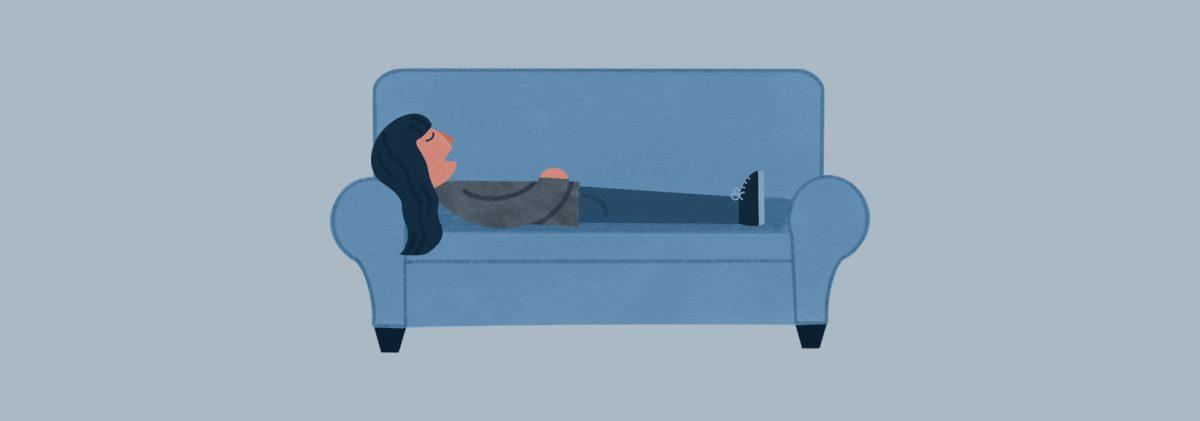Over the summer, MU made a few changes to its campus. While change can be beneficial, the removal of several historic aspects creates more barriers than benefits. The issue is not particularly in the changes themselves, but the lack of student voice MU considered when making them.
The first of these includes the oaks on the Quad. A few years ago, the Mizzou Botanic Garden started the Legacy Oaks of Francis Quadrangle Project, which focused on the removal and replacement of the 15 pin oak trees that formerly lined the Quad.
These oaks are over 70 years old and developed root damage because of a turf irrigation system.
In their place, MU planted 24 white oaks. However, these trees are only around 6 years old and very small, which doesn’t allow them to provide shade on the Quad. While this change was necessary for the safety of students, it also has taken away a place that used to feel like home.
The Quad isn’t just a place for students to study and hang out — it’s a place of community and serenity. The Quad is one of the only areas on campus where students can really relax and release their stress college creates. It’s also a place that allows students to meet new people. As a freshman or new transfer, the immensity of campus can be intimidating. However, the Quad was a place that brought everyone together and provided a sense of comfortability in a place that feels overwhelming.
The new oaks change that experience entirely. With the extreme temperatures and tiny trees, the Quad will draw fewer students on warmer days. Students will also find other places to study or relax because they no longer have enormous tree trunks to lean on. A place that once brought students together will now just be the grass the Columns sit on. The infuriating aspect of this isn’t even losing the oaks. It’s the fact that students had no choice in the matter. While these trees needed to come down for safety reasons, students should have been given a voice in this drastic decision. However, the oaks on the Quad isn’t the summer change that directly affects students.
Truman’s Pond, the outdoor pool at MizzouRec, when removed, will be replaced with a new outdoor workout area. In the spring when the Rec began its annual maintenance on Truman’s Pond for its opening, the pool needed more repairs than anticipated.
Student leaders and MizzouRec student employees also wanted more workout equipment instead of repairing Truman’s Pond, which factored into this decision. While a small portion of the student body had the opportunity to weigh in on this decision, a majority of students had no say in the removal of a major hangout area on campus.
Truman’s Pond was the only outdoor pool available to all students living on or near campus. This leaves the Tiger Grotto and 50-meter pool as the only pools available to students on campus, both indoor. The hours students can use these remaining pools fluctuate due to swim meets and practices. Without Truman’s Pond, many students wanting to go for a swim will no longer have an outdoor, or consistently available, opportunity to.
Several downtown or off-campus apartments don’t have pools. Removing Truman’s Pond takes away equal opportunities for students who can’t afford to live in a more expensive apartment complex, which could divide the university experience. Those students also didn’t have a choice in the removal, which could create a sense of exclusion for students already experiencing marginal living conditions.
Also, this outdoor workout area is only appealing when the weather is perfect — a rare sight for Missouri. Only during a small window of time during fall and spring semesters will most students use this area, a window made even smaller when considering students can work out with air conditioning in the summer or heat in the winter inside the Rec. So, students won’t use this workout area for a majority of the year. Not only has a place that gave all students equal opportunity been removed, it’s been replaced with something most students won’t use.
The last major change the university made this summer is the demolition of several buildings on campus, the most controversial being Read Hall.
The building was named after Daniel Read, the president of MU from 1866-76 who worked to open enrollment to women for the first time. Due to this, Read Hall was the first MU dormitory open to women.
While students petitioned for Read to stay, the university tore it down June 23. As the first dorm on campus to allow female residents, MU should have kept Read Hall because of the inclusivity it provided. While MU sympathized with the connection students have to Read, it apparently wasn’t enough to maintain the structure. If students cared about a building so much they were willing to petition to make sure it stayed, the university shouldn’t have just brushed it off. While its maintenance was expensive, the university could have found another use for it such as designating it as a historical site. Something as historically significant as this should not have just been part of some maintenance plan.
While these changes create positive results for the university, they leave many students feeling disappointed and apathetic for fall semester. MU should have better addressed students’ wants and needs before making these drastic changes to campus.












